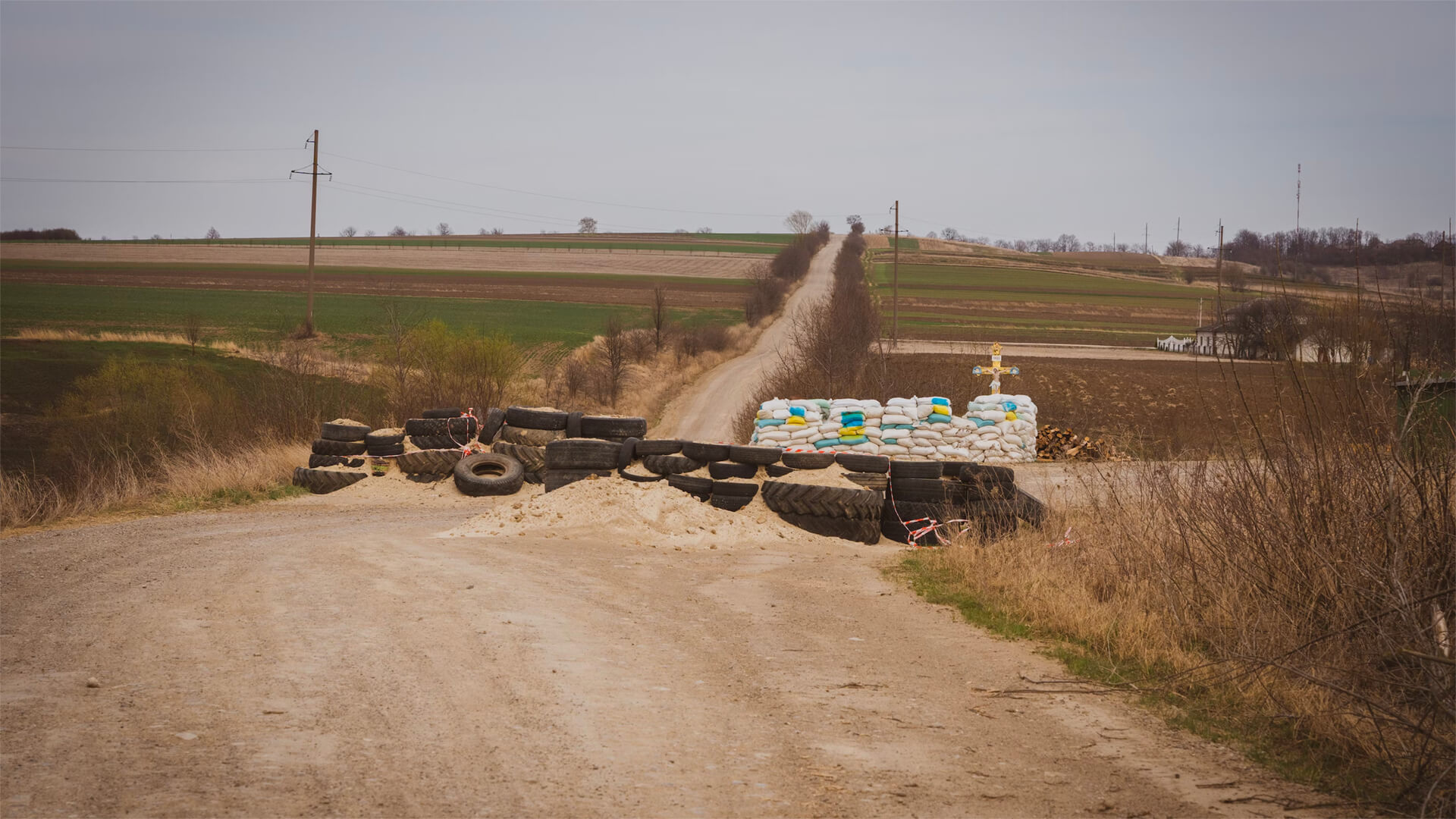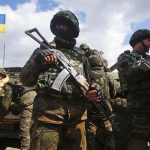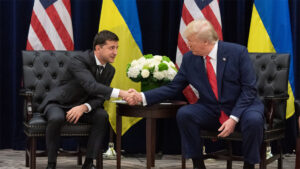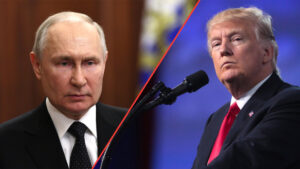The headlines of the week are all looking at the “Imminent Ukrainian Counterattack,” and while there are many reasons to expect action from both sides….let’s focus on the inevitables for today.
We’ve seen the Russians struggling to hit their targets thanks to upgrades to the Ukrainian defense capabilities. So we’ll likely see the Russians pivot from targeting power infrastructure to something new…
While not perfect, the Black Sea export initiative did have some successes. By the EU’s counting, some 23 mmt of grain—mostly corn and wheat—were exported, helping the Ukrainians clear the backlog of their bumper 2020/2021 harvest. But the good news ends there. Ukraine has lost at least 15% of its grain storage capacity to the war, and much of its sunflower-crushing facilities are either inaccessible due to occupation or loss of infrastructure or destroyed. This means Kyiv, when able, will likely have to focus on exporting bulk sunflower seeds rather than higher-value sunflower oil.
Unfortunately, the Black Sea grain export deal brokered by the UN and Turks expires May 18th and is unlikely to be revived anytime soon. Expect the Russians to switch their focus to agricultural infrastructure. Targets like this are much harder to defend, and this will likely mark the beginning of the end of any meaningful food exports coming out of Ukraine.
On the Ukrainian side, they have all the supplies and weaponry ready to launch a counter-offensive, but there’s still a few feet of mud keeping anything from happening. I wouldn’t expect a ton of action from either side this month, but it’s coming soon.
Tomorrow we’ll discuss the minimum victory cases for each side.
Prefer to read the transcript of the video? Click here
Here at Zeihan On Geopolitics we select a single charity to sponsor. We have two criteria:
First, we look across the world and use our skill sets to identify where the needs are most acute. Second, we look for an institution with preexisting networks for both materials gathering and aid distribution. That way we know every cent of our donation is not simply going directly to where help is needed most, but our donations serve as a force multiplier for a system already in existence. Then we give what we can.
Today, our chosen charity is a group called Medshare, which provides emergency medical services to communities in need, with a very heavy emphasis on locations facing acute crises. Medshare operates right in the thick of it. Until future notice, every cent we earn from every book we sell in every format through every retailer is going to Medshare’s Ukraine fund.
And then there’s you.
Our newsletters and videologues are not only free, they will always be free. We also will never share your contact information with anyone. All we ask is that if you find one of our releases in any way useful, that you make a donation to Medshare. Over one third of Ukraine’s pre-war population has either been forced from their homes, kidnapped and shipped to Russia, or is trying to survive in occupied lands. This is our way to help who we can. Please, join us.
CLICK HERE TO SUPPORT MEDSHARE’S UKRAINE FUND
CLICK HERE TO SUPPORT MEDSHARE’S EFFORTS GLOBALLY
TRANSCIPT
Hey, everybody. Peter Zeiha here coming to you from Colorado. It is the 9th of May and all talk is about the imminent attack…counterattack of the Ukrainians against Russian forces across the length and breadth of Ukraine. There are a lot of reasons to expect a lot of action, and we’re going to have to break this up into chunks today.
We’re going to do talk about the stuff that we know is inevitable. We’ve seen significant improvements in Ukrainian air defense to the point that over 90% of the missiles and drones that the Russians have been firing in have not been able to hit their targets, which is, you know, great if you are in Ukraine because they’ve been targeting the power grid.
However, once it becomes apparent that the Ukrainians are going to move and once it becomes apparent that the weather is warm enough that targeting the power sector isn’t going to kill any civilians in Ukraine, the Russians are going to switch their targets to facilities that are more difficult to defend, and that is the agricultural supply chain system. So on the 18th there is a a deal that lapses.
The Turks and the United Nations have brokered a deal between Ukraine and Russia that allows civilian bulk trade, shipping vessels to get into Ukrainian ports after being searched by the Russians, load up with Ukrainian corn, wheat, sunflower and other stuff, and they get re-inspected on their way out just to make sure that they’re not smuggling anything in such as, say, weapons.
The Russians have been warning for weeks, if not months, that they’re backing away from the deal and they’re definitely not going to be renewing it next week when it comes up for renewal because they need to switch targets sets. In the past, they’ve gone for the power grid because that’s how you kill people in Ukraine in the winter.
But once you get to summer, you have to starve them. And this is probably going to be the end of meaningful agricultural exports from Ukraine. They’re going to go for ships, going to go for port. The window for loading facilities are going to be for coal train systems. They’re going to go for silos and storage facilities. And of course, any place that builds or maintains agricultural equipment, this stuff is a lot more dispersed.
It’s a lot harder to defend. It’s not like just putting a bunch of air defense around a city and you to have a lot more target hits because of it. But that’s how this is going to go on the Ukrainian side. This doesn’t mean that you should expect an assault before the 18th. In fact, I really don’t think it’s going to happen this month.
And the problem is simply weather and not like abnormal weather, just how it normally is. The problem the Ukrainians face is that every phone, every spring, the country just gets deluged and the land is very flat and it doesn’t drain very well. So you get mud, not mud. That’s like three or four inches deep, but mud that can be 6 to 8 feet deep.
And until it dries out, you simply cannot move people, much less tanks unless they’re on a road. And if you have heavy equipment on a road, you’re just asking for it to get blown up. So while the Ukrainians appear to be nearly ready, they’ve brought in a lot of weaponry. All the battle tanks that nature was promised are there.
And they’ve even trained up on a few jets that have been donated. They can’t move yet. And so it’s probably going to be the last week of May or into June when things finally draw out. That’s just kind of traditionally when the spring mud season ends. So it’s coming. It’s close, but we’re not here yet. Now, in tomorrow’s session, we’re going to talk about what the goals are of the Ukrainian offensive.
But I’m going to warn you right now, the Ukrainians have done well because they have been unpredictable. And after that, we’ll start talking about minimum cases for victory for both sides. All right. That’s it for me. Talk to you guys tomorrow. Bye.








